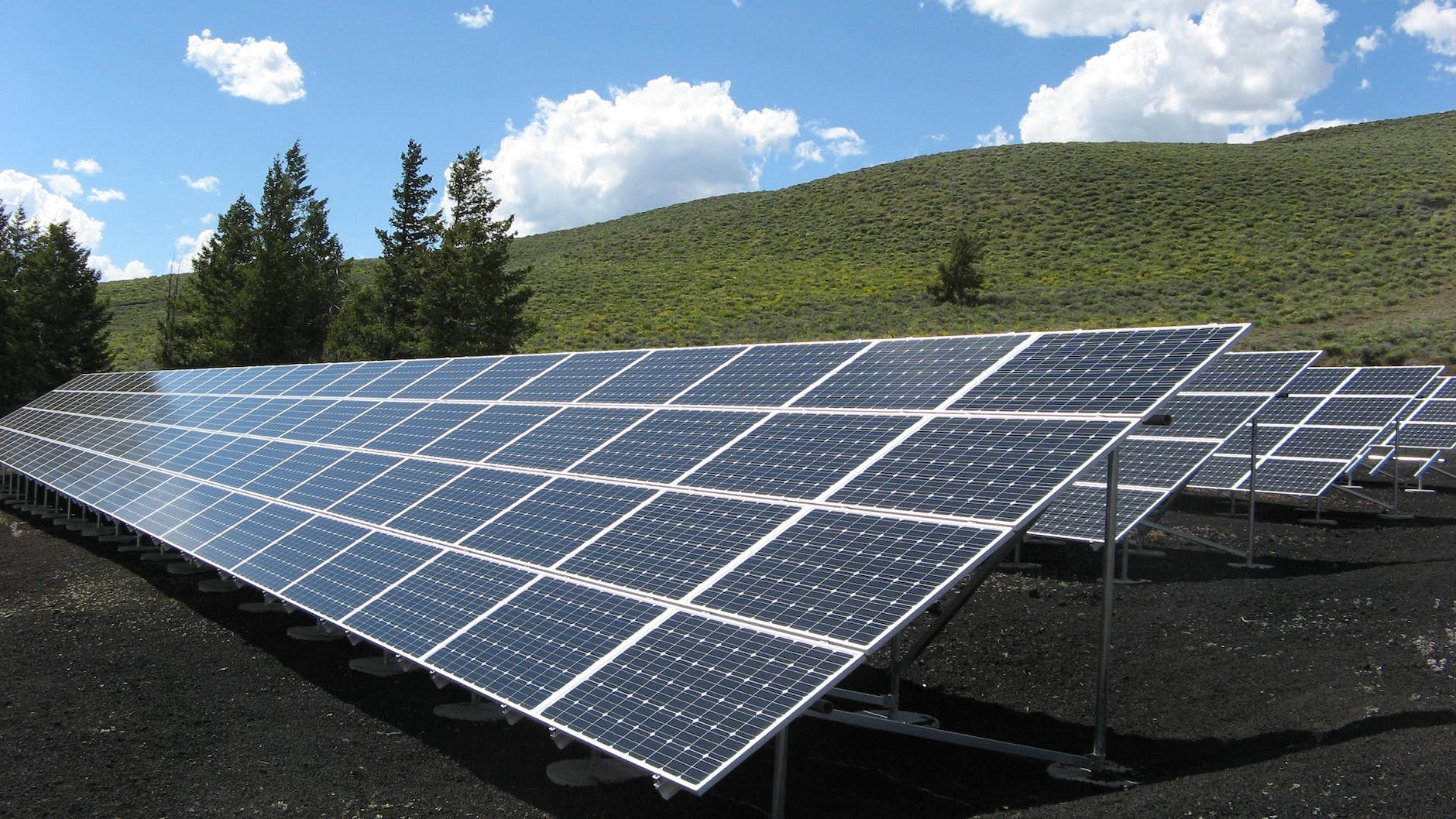- (+234) 704 026 9249
- Head office: 18B Olu Holloway road, Ikoyi-Lagos, Nigeria.
- enquiries@ipmc-ng.com
- Mon-Fri: 08:00am - 05:00pm

Nigeria, often referred to as the "Giant of Africa" due to its large population and economy, is grappling with a multitude of environmental challenges that pose a significant threat to its people, wildlife, and the economy. These challenges stem from a combination of factors, including rapid urbanization, industrialization, poor waste management, and climate change. This article delves into the environmental challenges facing Nigeria and discusses their implications and potential solutions.
1. Deforestation and Land Degradation
Photo by Pok Rie on Pexels.comDeforestation is a grave environmental challenge in Nigeria, driven primarily by urban expansion, agriculture, and illegal logging. The clearing of forests for these purposes disrupts ecosystems, accelerates soil erosion, and reduces biodiversity. The loss of forests also contributes to climate change as trees play a vital role in absorbing carbon dioxide.
Implication: Deforestation can lead to soil erosion, loss of biodiversity, and contribute to climate change, affecting agriculture, water resources, and overall ecological balance.
Solution: Sustainable land-use practices, reforestation, and stricter enforcement of anti-deforestation laws can help mitigate this problem.
2. Air and Water Pollution
Nigeria is plagued by severe air and water pollution, due to industrial activities, poor waste management, and the use of dirty fuels for cooking and transportation. Air pollution from industrial emissions and vehicular exhaust affects public health, while water pollution jeopardizes the safety of drinking water sources and aquatic ecosystems.
Photo by Yogendra Singh on Pexels.comImplication: Air and water pollution are linked to health issues such as respiratory diseases and the contamination of food and water sources, endangering the lives of millions.
Solution: Implementation and enforcement of pollution control laws, investment in cleaner technologies, and promoting renewable energy sources can help combat air and water pollution.
3. Oil Pollution in the Niger Delta
Photo by Tom Fisk on Pexels.comThe Niger Delta region is home to Nigeria's oil industry, which has experienced oil spills and environmental degradation. Oil spills, gas flaring, and the improper disposal of oil-related waste have resulted in devastating consequences for local communities and ecosystems in the region.
Implication: Oil pollution in the Niger Delta has caused environmental destruction, economic loss, and conflicts, affecting the livelihoods of millions.
Solution: Improved oil spill response, stricter regulation of oil activities, and community engagement in cleanup and compensation efforts are essential for addressing this issue.
4. Desertification
Photo by Gabriele Niek on Pexels.comDesertification is a growing concern in Nigeria's northern regions. Prolonged droughts, overgrazing, and deforestation have accelerated desertification, leading to the loss of arable land and the displacement of communities.
Implication: Desertification threatens food security, increases rural-to-urban migration, and contributes to social and political instability.
Solution: The promotion of sustainable agriculture, water conservation, and afforestation programs can help combat desertification.
5. Climate Change
Photo by Tim Mossholder on Pexels.comNigeria is experiencing the adverse effects of climate change, including increased temperatures, altered rainfall patterns, and extreme weather events. These changes have far-reaching impacts on agriculture, water resources, and infrastructure.
Implication: Climate change poses a significant threat to food security, human health, and the overall stability of the country.
Solution: Mitigating and adapting to climate change requires investing in renewable energy, implementing climate-resilient agricultural practices, and adopting sustainable urban planning.
Conclusion
Nigeria's environmental challenges are multifaceted and interconnected, with far-reaching implications for its people and the nation's development. Addressing these issues requires concerted efforts from government, industry, and civil society. Sustainable land-use practices, pollution control, responsible natural resource management, and climate resilience measures are key to safeguarding Nigeria's environment and the well-being of its citizens. While these challenges are daunting, a combination of sound policies, public awareness, and international cooperation can help Nigeria chart a more sustainable and environmentally friendly path to the future.